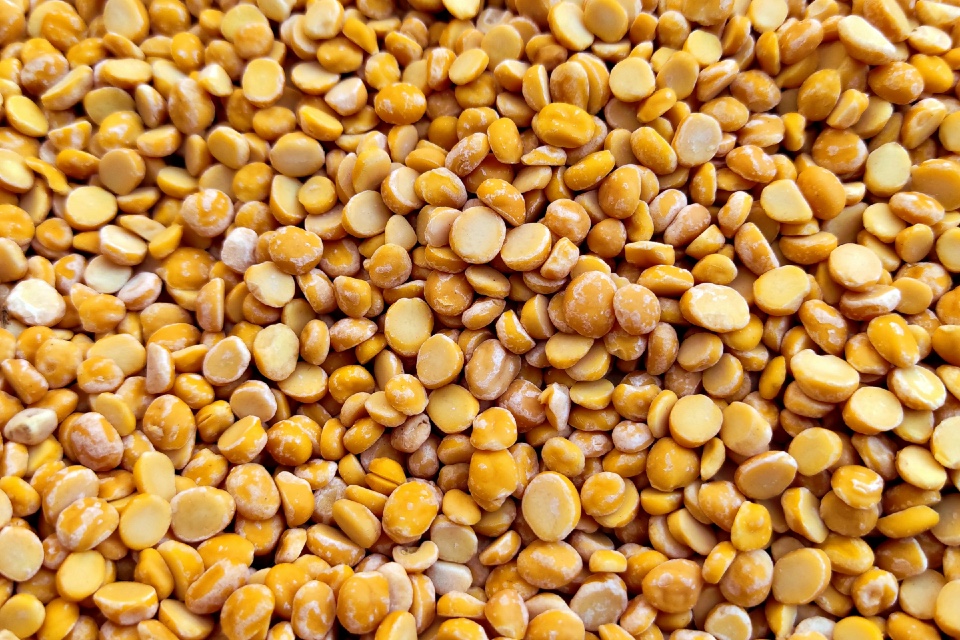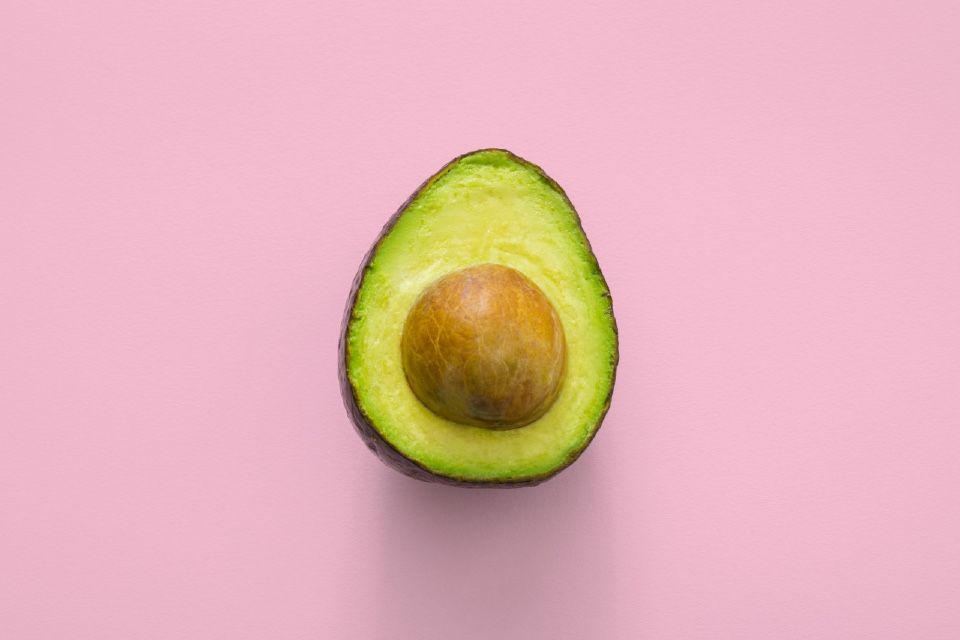Sustainability has become a defining priority for UK care homes, driven by rising energy costs, evolving regulatory expectations, and growing demand from residents and families for ethical, responsible services. In the catering function, one of the highest-impact areas in a care setting, sustainability is becoming a strategic pillar of modern care delivery.
Catering teams are rethinking how food is sourced, prepared and served, using local suppliers, waste-tracking technology, smarter menu planning and plant-forward dishes to reduce both environmental impact and operating costs.
Local Sourcing: Fresher Food, Lower Footprint
One of the most effective ways to cut carbon emissions in care catering is through shorter supply chains. Increasing numbers of care homes are partnering with regional farms, bakeries and producers to source ingredients that haven’t travelled hundreds of miles before reaching residents’ plates.
Local sourcing brings multiple benefits:
- Lower transport emissions
- Fresher ingredients with better nutritional value
- Improved menu quality
- Stronger ties with local communities
Some homes now negotiate seasonal supply agreements, reducing reliance on energy-intensive produce grown out of season, while supporting local businesses and rural economies.
Waste Tracking Technology: From Guesswork to Data-Driven Decisions
Food waste remains a major cost and carbon challenge for the sector. Leftover meals, uneaten portions and inaccurate production forecasting can quietly drain budgets, but digital tools are helping catering teams tackle this head-on.
Modern waste-tracking software uses scales, tablets and cloud analytics to measure exactly what is thrown away, when, and why. This data gives teams the insight needed to:
- Adjust portion sizes
- Redesign unpopular dishes
- Improve ordering accuracy
- Reduce avoidable spoilage
Many homes report waste reductions of 20–40% within months of adopting digital monitoring, directly lowering their carbon footprint and cutting purchasing costs.
Plant-Forward Menus: Better for Residents and the Planet
Plant-forward catering (not necessarily vegetarian, but plant-led) is gaining ground across care settings. These menus focus on high-quality vegetables, legumes, grains and sustainable proteins, complemented with smaller portions of meat or fish.
The benefits include:
- Lower carbon emissions
- Reduced procurement costs
- High nutritional value for older adults
- Increased menu variety and innovation
Catering teams are experimenting with hearty stews, Mediterranean dishes, lentil-based meals and vegetable-rich curries, all tailored to residents’ taste preferences and nutritional needs.
A More Sustainable Future for Care Homes
Sustainable catering is also a quality of care conversation. Local produce improves flavour and nutrition; waste reduction makes operations more efficient; and plant-forward menus support both resident wellbeing and carbon targets.
By embracing these strategies, care homes can deliver meals that are good for people, good for budgets and good for the planet.
Are you searching for Catering solutions for your organisation? The Care Forum can help!
Photo by Chandan Chaurasia on Unsplash







